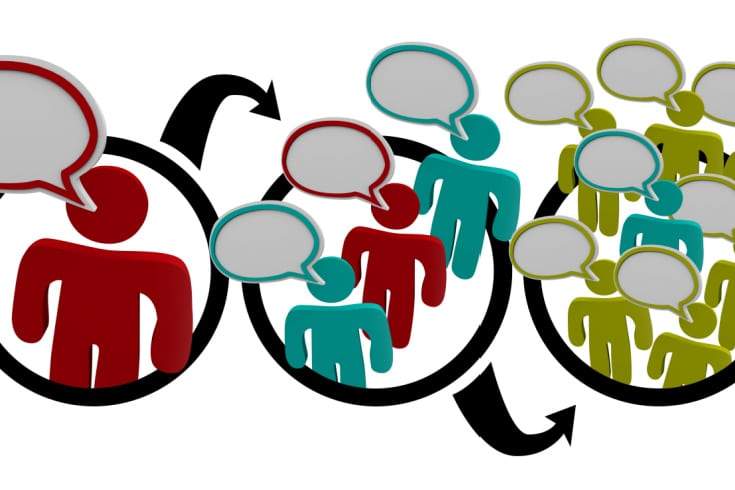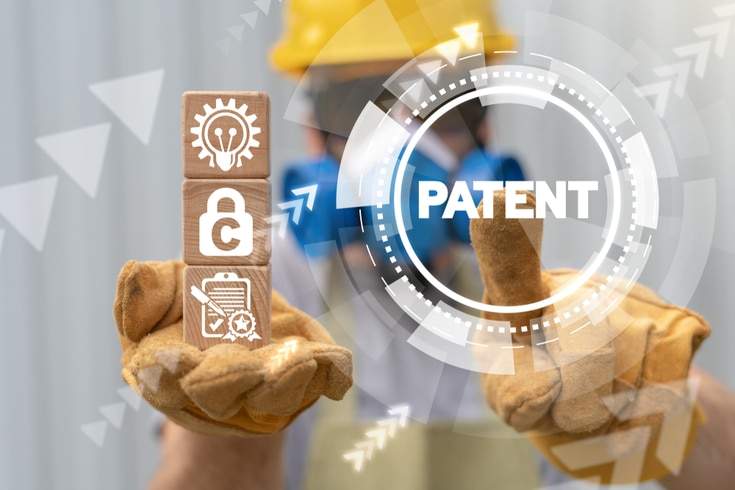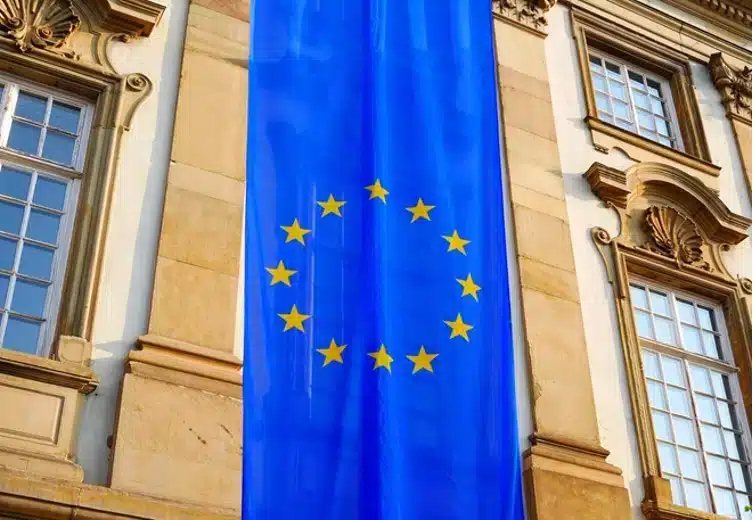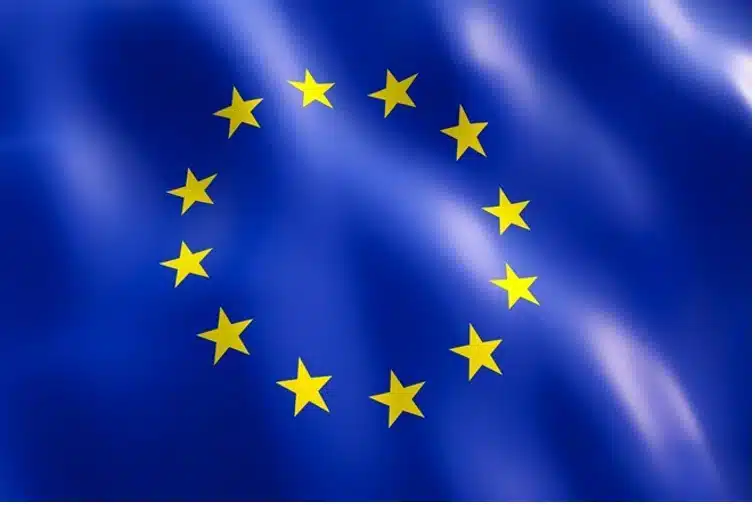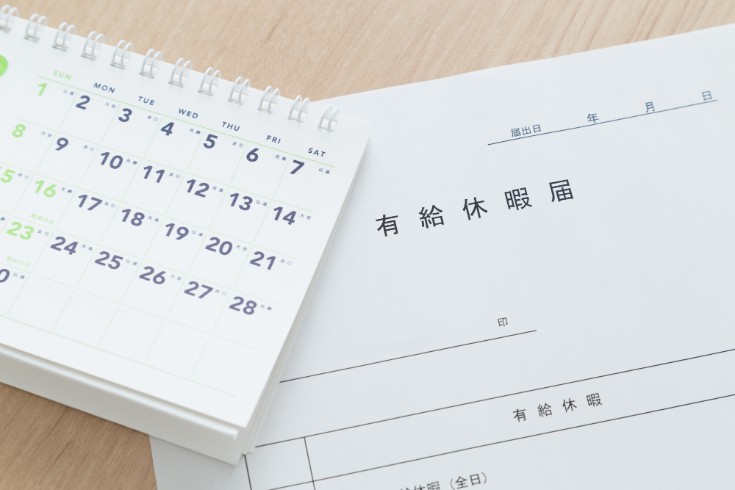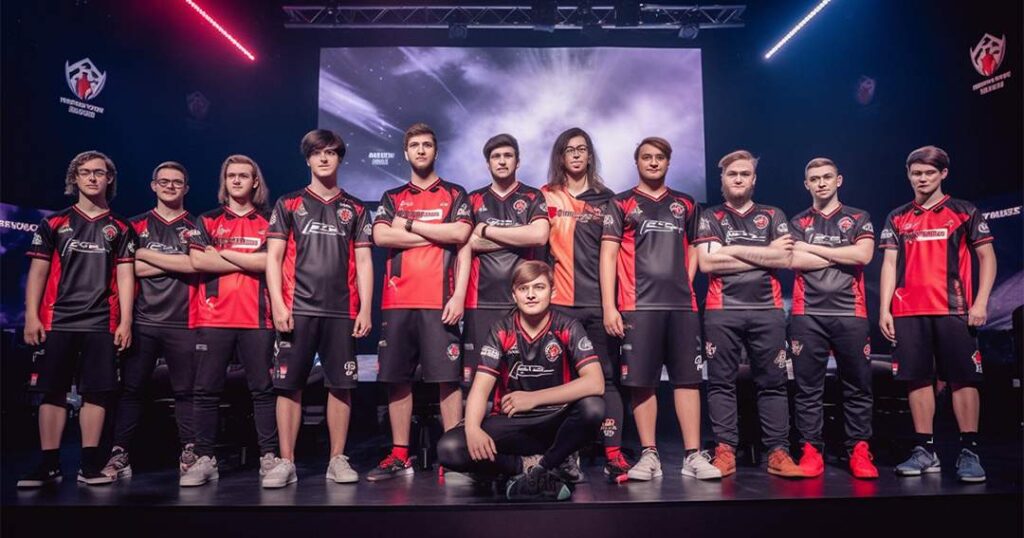Interim Judgment in the 'Mario Kart' Case and Intellectual Property Rights Infringement
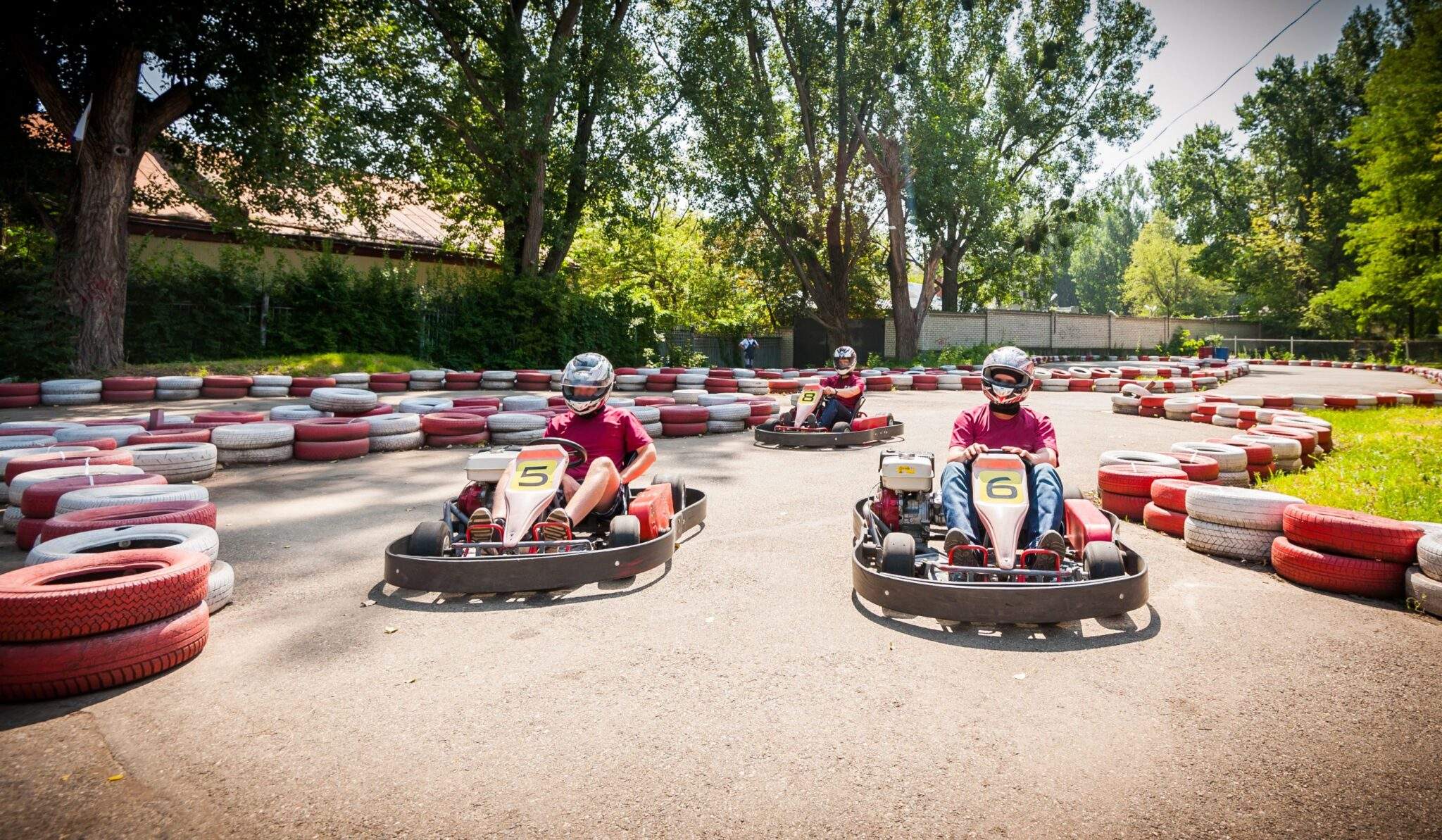
Nintendo filed a lawsuit against the public road kart rental company “Maricar” (now MARI Mobility Development) seeking an injunction and 50 million yen in damages, claiming that the act of renting out the popular Nintendo game character “Mario” and other character’s costumes and using the video of go-karts running on public roads with riders in those for promotion is an act of unfair competition. The intermediate judgment in the appeal trial was held on May 30, 2019, at the Intellectual Property High Court (Japanese Intellectual Property High Court). The court ruled that “all emblems and costumes are similar” and that they infringe on business profits, acknowledging MARI’s liability for damages. Furthermore, the court also determined that the CEO is jointly liable for damages due to his malice or gross negligence.
It was the interim judgment that was handed down on this day, and the amount of damages will be examined in the future trials. However, we would like to consider what this interim judgment indicates.
How was the First Instance Judgment?
MARI Mobility Development used the popular Nintendo game “Mario Kart” and its abbreviation “MariKar” without permission in its company name and service names. They also provided costumes of popular characters such as Mario, Luigi, and Yoshi to foreign tourists and other kart users, and used images of the karts for business and advertising purposes.
In response, Nintendo sued MARI Mobility Development for unfair competition and copyright infringement. The Tokyo District Court, in its judgment on September 27, 2018 (Gregorian calendar year), largely accepted Nintendo’s claims and ordered MARI Mobility Development to pay 10 million yen in damages. However, the court ruled that the use of “MariKar” and similar terms, does not constitute unfair competition, assuming foreign tourists who do not understand Japanese.
Subsequently, both Nintendo and MARI Mobility Development appealed, and the case was heard in the Intellectual Property High Court.
What is an Interim Judgment?
As we anticipate whether the case will proceed to a final judgment or will be settled, it’s important to understand what an “interim judgment” is.
When a trial is conducted in court, the judgment that concludes the trial is called a “final judgment” (Article 243 of the Japanese Civil Procedure Law). This is what is commonly referred to as a “judgment”. However, an “interim judgment” is a judgment issued during the trial on only matters of dispute between the parties (Article 245 of the Japanese Civil Procedure Law). The purpose of an interim judgment is to organize the trial and prepare for the final judgment.
Whether to issue an interim judgment is at the discretion of the court, and there are not many cases where an interim judgment is issued. In intellectual property litigation (IP litigation), there have been several cases where an interim judgment was issued in cases where the Intellectual Property High Court overturned the district court’s decision and recognized patent infringement.
For example, in the “Kiri Mochi (Kiri means “cut” in Japanese, and Mochi is Japanese traditional rice cake) Case” (Interim Judgment of the Intellectual Property High Court, September 7, 2011), the appellant (plaintiff in the first instance), who owns the patent rights to an invention named “mochi”, claimed that the appellee’s (defendant in the first instance) manufacturing, selling, and exporting of the defendant’s product (kiri mochi) infringed on the patent rights. The appellant demanded the appellee to stop manufacturing, transferring, etc., and to dispose of the defendant products, as well as to pay 1.485 billion yen in damages. The original judgment dismissed all claims. In this case, the appellant appealed, and as an interim judgment, it was determined that the defendant’s product fulfills all the constituent requirements of the invention in question, belongs to the technical scope of the invention, and the patent in question should not be invalidated by a patent invalidation trial.
In this interim judgment, a decision was made that recognizes Nintendo’s claims more broadly than the judgment of the Tokyo District Court in the first instance. In other words, the Intellectual Property High Court recognized Nintendo’s claims even for the parts that Nintendo was dissatisfied with in the district court judgment, and made a judgment that is partially different from the district court judgment. This is a case that has attracted a lot of social attention, and it is likely that the intention was to clarify the court’s view before entering into a discussion on the amount of damages.
Also, this case had a wide range of issues and there was an intense conflict between the two parties over each issue, so it is believed that the effect of organizing the trial through an interim judgment was significant.
Key Points of the Interim Judgment
In this interim judgment, the issues have been organized into 15 points. Of these, the main points that Nintendo was dissatisfied with in the first instance judgment are as follows:
Scope of Prohibition and Cancellation of Use of Characters (Marks)
In the district court judgment, it was ruled that the display of “MariKar” was not well-known or famous among those who do not understand Japanese, and therefore, the prohibition and cancellation of the use of characters (marks) such as “MariCar” were not recognized for websites and leaflets written only in foreign languages.
However, in this interim judgment, it was recognized that the display of “MARIO KART”, is also famous both domestically and internationally, and the actions of MARI Mobility Development, which used characters (marks) similar to this, such as “MariCar”, were recognized as unfair competition, including when used on websites written only in foreign languages. As a result, it is expected that if the Intellectual Property High Court makes a final judgment, the prohibition and cancellation of these characters (marks) will be recognized also for websites written only in foreign languages.
Although the judgments on the use of characters (marks) differed between the district court judgment and the interim judgment, the reason for this is that the provisions of the Unfair Competition Prevention Act applied were different.
In the district court judgment, the display of “Maricar” was interpreted to mean Nintendo’s popular game series “Mario Kart”, and it was well-known among those in Japan who are interested in games, and there was a risk of confusion with the business related to Nintendo, so it was considered a violation of Article 2, Paragraph 1, Item 1 (Act of Causing Confusion) of the Unfair Competition Prevention Act, but it was not recognized for websites written only in foreign languages.
In contrast, in this interim judgment, the display of “マリオカート(Mario Kart in Japanese)” is famous domestically, and the display of “MARIO KART” is famous both domestically and internationally, so it was considered a violation of Article 2, Paragraph 1, Item 2 (Act of Misappropriating Famous Indications) of the Unfair Competition Prevention Act. “Famous” means “more well-known” than “well-known”.
Article 2: The term “unfair competition” as used in this Act means any of the following:
Item 1: The act of creating confusion with another person’s foods or business, by using an indication of goods or business (meaning a name, trade name, trademark, marks, containers or packaging for goods belonging to a person’s business, or any other indication of a person’s goods or business; the same applies hereinafter) that is identical or similar to another person’s indication of goods or business that is well-known among consumers as belonging to that person, or by transferring, delivering, displaying for the purpose of transfer or delivery, exporting, importing or providing through telecommunications lines goods that use such indication.
Item 2: The act of using an indication of goods or business that is identical or similar to another person’s famous indication of goods or business as one’s own, or of transferring, delivering, displaying for the purpose of transfer or delivery, exporting, importing, or providing through telecommunications lines goods that use such indications.
What does it mean that it was considered a violation of Article 2, Paragraph 1, Item 2 of the Unfair Competition Prevention Act, not Item 1?
If a famous indication is used without permission (abused) by another person, even if it does not cause confusion, the abuser can “free ride” on the customer attraction power of the famous indication without making any business effort, while the connection between the famous indication, which has come to have high credibility, reputation, and reputation through years of business effort, and the person who has originally used it is diluted (dilution, dilution).
Article 2, Paragraph 1, Item 2 of the Unfair Competition Prevention Act is a provision to protect famous indications from such free riding and dilution, and the risk of confusion is not required.
MARI Mobility Development argued that there was no room for confusion to arise, as it had made disclaimers such as “Nintendo is not involved” on the bodies of its carts, but the Intellectual Property High Court ruled that the risk of confusion is not required under Article 2, Paragraph 1, Item 2 of the Unfair Competition Prevention Act, so the fact that MARI Mobility Development made a disclaimer does not deny the company’s violation of the Unfair Competition Prevention Act.
Scope of Prohibition and Cancellation of Domain Name Use
In the district court judgment, it was ruled that the display of “MariKar” was not well-known among those who do not understand Japanese, and when using a domain name including “Maricar” on a website written only in a foreign language, it does not infringe on Nintendo’s business interests, and the prohibition was not recognized.
However, in this interim judgment, it was stated that “maricar” is similar to the “MARIO KART” display which is both domestically and internationally famous, and
The defendant company in the first instance is recognized as having used the domain names in question, which are similar to the plaintiff’s specific goods etc. display and the “MARIO KART” display, with the intention of obtaining unjust benefits, so this act constitutes unfair competition as defined in Article 2, Paragraph 1, Item 13 of the Unfair Competition Prevention Act, and harms the business interests of the plaintiff in the first instance.
Intellectual Property High Court Interim Judgment of May 30, 2019
It was recognized that they are using each domain name (maricar.jp, maricar.co.jp, fuji-maricar.jp, maricar.com) similar to “MARIO KART” and “MariKar” for the purpose of “unjust benefit”. As a result, it is believed that if the Intellectual Property High Court makes a final judgment, the prohibition of use on websites written only in foreign languages and the cancellation of registration of domain names used for this purpose will also be recognized.
Claim for Damages against the Representative Director of MARI Mobility Development
The Companies Act stipulates that if a company’s officer acts with malice or gross negligence in the performance of his/her duties, he/she is liable for damages to third parties (Article 429, Paragraph 1). Based on this provision, Nintendo also pursued the personal liability for damages of the representative director of MARI Mobility Development.
On this point, the district court judgment dismissed the claim for damages against the individual representative director, stating that it could not be recognized that the representative director of the company was aware that he/she was committing unfair competition or copyright infringement.
However, in this interim judgment, it was ruled that directors have a duty to ensure that the company does not engage in unfair competition, and that the representative director of the company had acted with malice or at least gross negligence in violating this duty, so the claim for damages against the individual representative director was also recognized.
It is difficult to completely eliminate the element of free riding from business, but if it is considered too malicious free riding, as in this interim judgment, the individual directors may also be held responsible.
Future Prospects
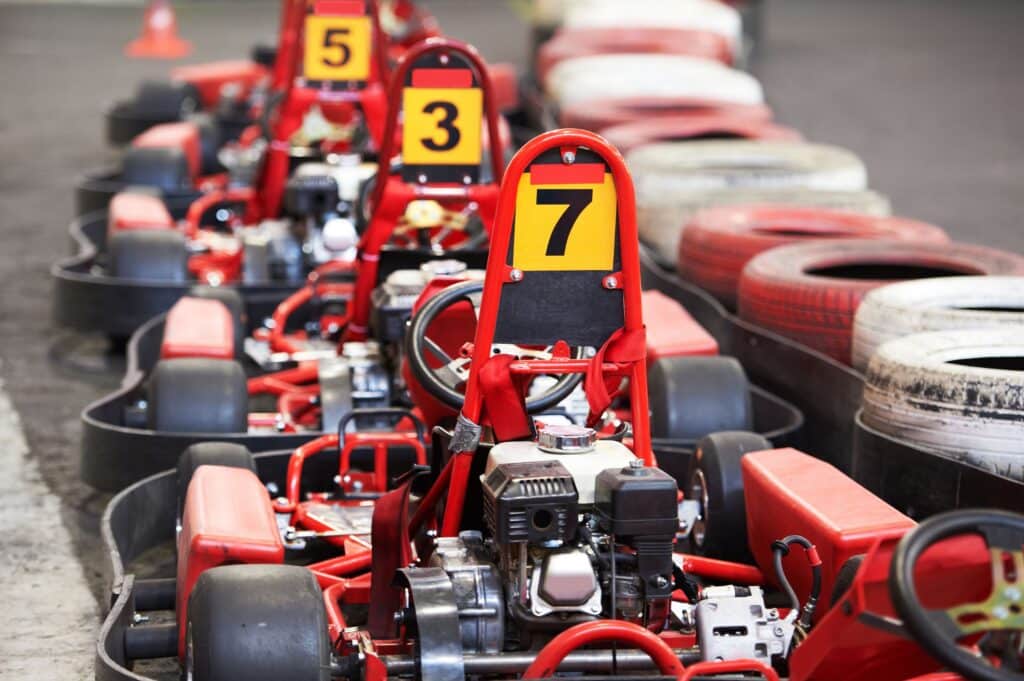
From here on, proceedings such as the determination of the amount of damages will be conducted based on the contents of the interim judgment, leading up to the final judgment.
Amount of Damages
Regarding the amount of compensation, Nintendo has increased the claim amount from 10 million yen to 50 million yen in the appeal trial. The original 10 million yen that Nintendo claimed in the first trial was a so-called “partial claim”, and it was not a claim for the full amount of damages that Nintendo argued.
In the first trial, Nintendo claimed damages of 74.9 million yen and claimed 10 million yen of that, but in the appeal trial, considering the continuation of MARI Mobility Development’s business, Nintendo claimed damages of 116.6 million yen and claimed 50 million yen of that.
The Tokyo District Court recognized Nintendo’s damage amount to be slightly more than the claim amount in the first trial, at 10,264,609 yen. From now on, if a settlement is not reached in the appeal trial and the Intellectual Property High Court makes a final judgment, how much the compensation amount will be is a point of interest.
Impact of the Interim Judgment
In Japan, where abbreviations are quickly attached to anything and those abbreviations spread generally beyond the product name, it is a difficult issue in terms of cost in corporate brand management as to how far to obtain trademarks for defense against abbreviations like “Maricar”.
Even if a trademark is not obtained, the Unfair Competition Prevention Act protects well-known or notable indications, but the fact that protection under the Unfair Competition Prevention Act was recognized in a wider range in this interim judgment than in the district court judgment is considered to be a positive factor for corporate brand management in the future.
Summary
This judgment serves as a reference, demonstrating a decision based on the Japanese Unfair Competition Prevention Act against businesses that use abbreviations of other companies’ product names or costumes of characters appearing in products.
On the other hand, this judgment did not provide a substantial decision on claims based on copyright, due to the necessity of injunction and selective consolidation. As a result, it did not delve into the issue of cosplay and copyright.
Category: General Corporate
Tag: General CorporateIPO

